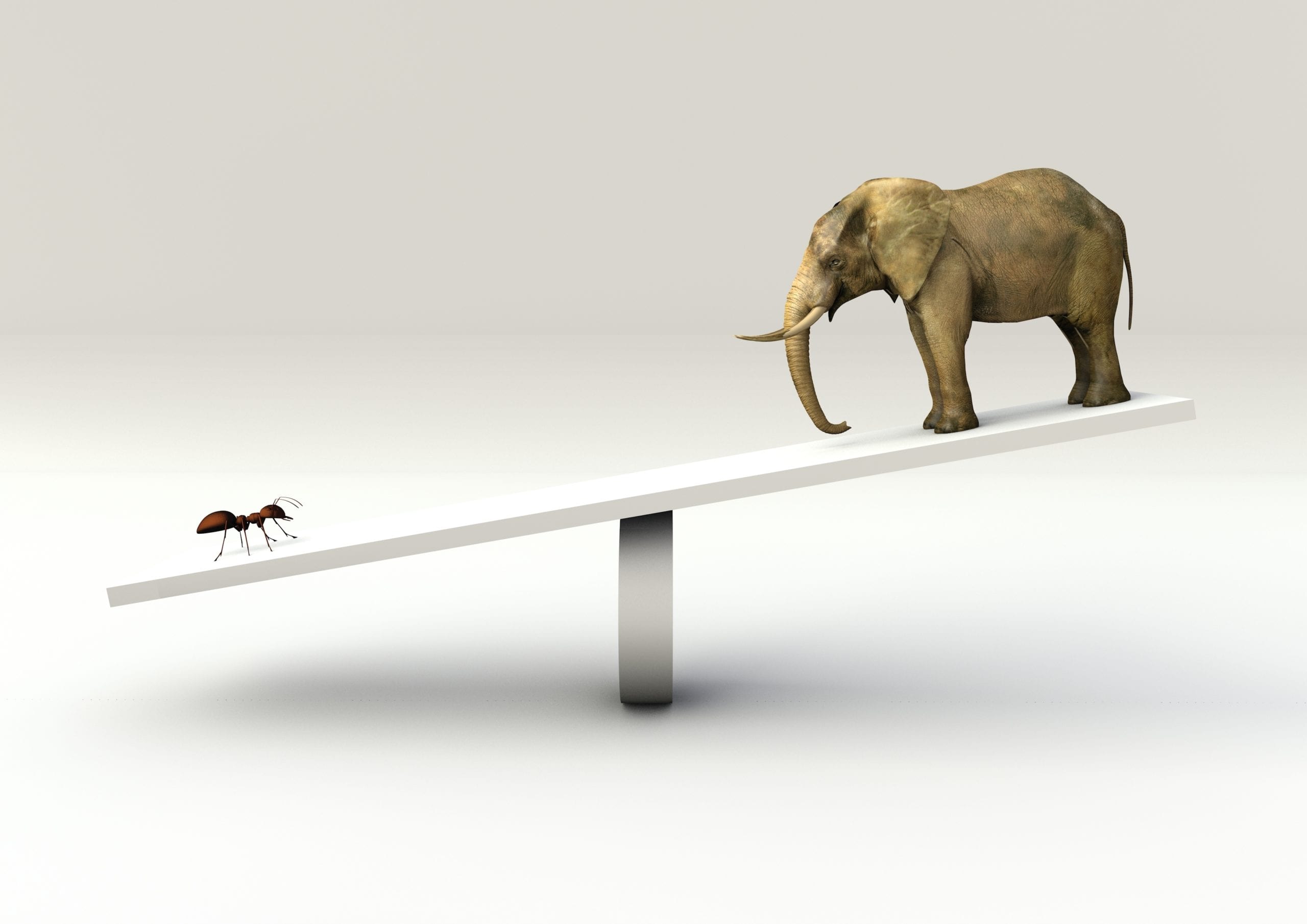Unconscious bias is natural, it happens automatically and is unintended. It’s our brains making quick judgements on people and situations based on our own backgrounds, social experiences and identities. It is important to remember that our unconscious bias may not reflect our conscious values and therefore we must acknowledge and challenge it.
Within the recruitment process there are many opportunities for unconscious bias to occur from the first CV sift to the face to face interview. Judgements can be made on gender, age, where people go to school, when they left education, charities they may have volunteered for and where they live even.
It is possible you might see that you and the candidate have some shared experiences and assume they might be a better fit for the role than someone who appears vastly different to you on paper. You may meet a candidate and be encouraged by their enthusiasm and make some assumptions about their capabilities. However, if you challenge these assumptions you may find that you are interviewing an extrovert who is naturally good at promoting themselves but may not be the most qualified person for the role.
Regardless of whether our mind frames a bias positively or negatively, it can still lead to an unfair outcome.
The impact
Unconscious bias can exclude excellent candidates, leading to businesses potentially missing out on talent. It can also deprive organisations from the benefits of diversity and in worse cases, be discriminatory if the unconscious bias is related to a protected characteristic.
While it’s only natural to take the information you have and quickly and unconsciously process it to reflect your own identities and experiences, recruiters and hiring managers need to make a concerted effort to acknowledge unconscious bias and start actively challenging it.
Re-wiring the ‘gut feeling’
Eliminating unconscious bias is virtually impossible given the unconscious element of these deeply ingrained beliefs. It can, however, be mitigated. Unconscious bias is a major barrier to workplace diversity and inclusion as it unintentionally hinders diversity hiring initiatives.
Measures you can take to minimise unconscious bias and advance equality in recruitment include being clear about what you want from a candidate and ensuring that your job adverts, interview questions and panels are set up in a way that focus on WHAT the job requirements actually are and not WHO you think you want in post. Ensure that the interview process is structured to allow for fairness and parity and if there are the resources, ensure that candidates have an opportunity to meet more than one person within the organisation. Salary negotiations should be framed around clear pay structures again to ensure fairness and parity.
Be thoughtful and creative about where you are advertising roles, especially if you are keen to create a truly diverse workforce. Ensure that your organisation is appealing to all and has a reputation for being inclusive and fair.
Seek support
There are many good training providers out there, and some not so good, who deliver courses on how to mitigate unconscious bias. When trying to find a provider to work with, make sure that they are thoughtful in their approach to this and ensure that they give people the opportunity reflect on their own biases and give them the tools to mitigate against them. If you want a quick fix in the meantime, there are some good Ted Talks out there that are quite thought provoking.
We have all likely been on the receiving end of unconscious bias – from my CV you might be able to work out my gender, age and qualifications and will be unconsciously processing this information to reflect your own experiences and views. The key is that we are aware unconscious bias exists and try to check ourselves if we are committed to ensuring the best person for the role is the one who gets it.
Author: Carrie-Lee Fassinger, Senior HR Professional | https://www.linkedin.com/in/carrie-lee-fassinger-44376714/
Carrie is a senior HR professional with experience in generalist, training and inclusion roles. She has acted as a subject matter expert on Equalities Committees, played a key role in the development of gender pay gap reports and provided extensive advice and training on diversity and inclusion in the workplace.





